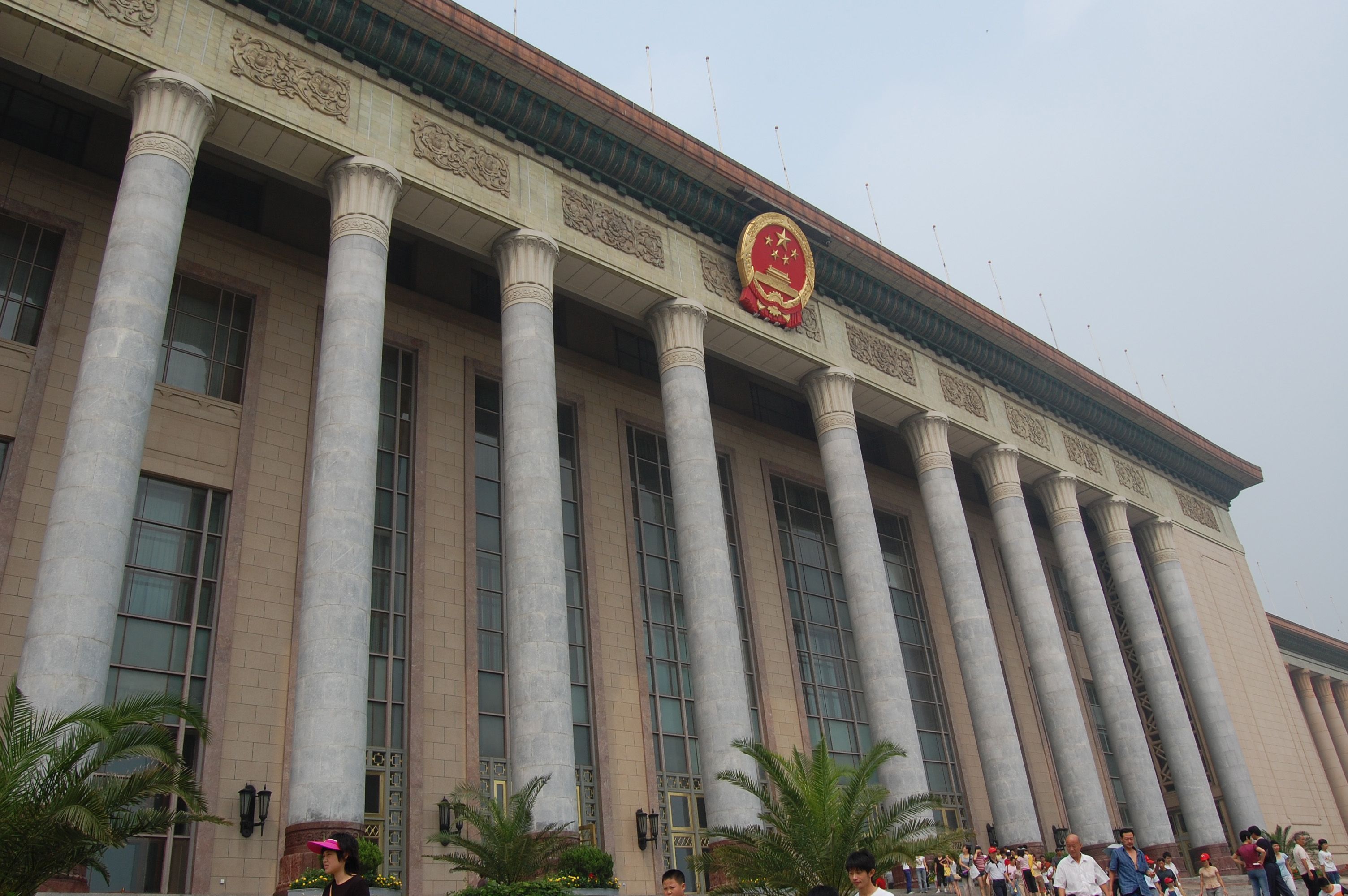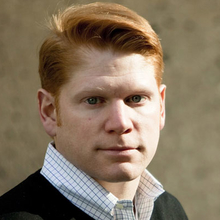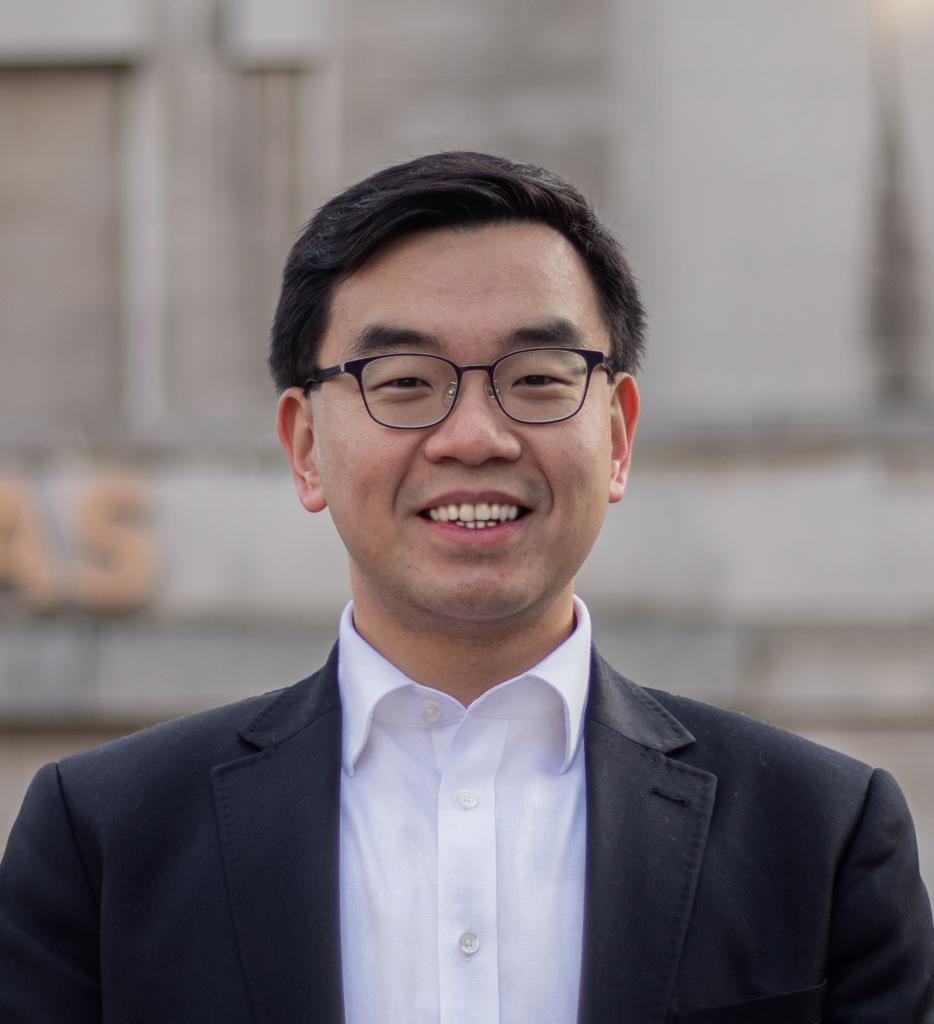Hong Kong’s National Security Law and the Right to a Fair Trial: Mission Impossible?
The right to a fair trial for National Security Law defendants is under threat. As the first NSL trials begin, it remains to be seen whether rule of law in Hong Kong will survive.

Published by The Lawfare Institute
in Cooperation With

Authors’ note: the authors wish to acknowledge the research assistance and collaboration of a scholar from the PRC, who decided to not to write under her name due to political security concerns.
China’s newly implemented National Security Law (NSL) has observers asking one question: Will NSL defendants get a fair trial? With more than 50 individuals facing serious criminal charges, it’s an important question both for those accused and for the future of Hong Kong’s legal system. A final answer will emerge only after the trial process has played out, but the Hong Kong government’s recent expansion of police powers and restriction of due process rights for those accused of NSL crimes are cause for concern.
In a recent briefing paper, we took a close look at the Hong Kong government’s handling of NSL cases over the past year. We found that, in a number of cases, the Hong Kong government has sought to make full use of its powers under the NSL in order to tilt the legal playing field in its favor. These moves call into question the government’s already shaky commitment to human rights and the rule of law. More importantly, for those accused of NSL crimes, the government has placed nearly every fundamental right in a fair trial process at serious risk: The NSL has redefined pretrial detention, the right to choose one’s own counsel and even which judges are selected for NSL cases.
Take the case of Tong Ying-kit, whose trial on terrorism and inciting subversion is already underway. (Two of this article’s authors have previously written for Lawfare about Tong’s case.) Less than a day before his trial began, Tong was denied his right to a trial by jury: the Court of Final Appeal held that the secretary for security has the unilateral authority to transfer any NSL case to a three-judge panel. The decision undercut Hong Kong’s rich common law tradition and undermined a key mechanism for preserving judicial independence and public trust in the courts.
Pretrial release—or bail, as it is more commonly known—has been another key flashpoint in NSL cases over the past year. Thus far, prosecutors have argued that, in general, NSL defendants should not be allowed bail, and for the most part, judges have agreed: Among the 56 individuals charged with NSL crimes, only 12 were granted bail. In many of those cases in which bail was granted, defendants had to make broad promises to withdraw from political life altogether, a troubling sign of the overtly political nature of NSL enforcement.
The denial of bail, when paired with the months-long trial preparation process, could mean that the National Security Department of the Hong Kong Police Force is able to take individuals out of circulation for months or even a year or more, even without a criminal conviction. Many leading pro-democratic politicians arrested in the mass Jan. 6 NSL roundup, for example, have been sitting in jail for more than four months, since being charged in late February. Their trials began on July 8.
Many observers fear that this long stretch of pretrial detention is very much by design: It allows the government to send a signal that it can put almost anyone behind bars immediately, and could weaken the resolve of some NSL defendants to fight the charges against them.
Even the right to an attorney of one’s own choosing, one of the most fundamental rights for criminal defendants, has come under strain. In a small number of cases, NSL defendants have dismissed their prior counsel in order to engage new lawyers, some of whom have deep ties to the pro-Beijing camp. These moves have raised questions about whether these defendants were unduly pressured to change their legal counsel as a condition of more lenient treatment. While no evidence has emerged to prove that the changes were made under duress, any such pressure would be both highly unusual and deeply inappropriate.
Those who have changed lawyers include pro-democracy activist Andy Li, who is now represented by Alvin Sham, a former deputy director of public prosecutions at the Hong Kong Department of Justice. Sham has close ties to pro-Beijing organizations in Hong Kong, including the Hong Kong Friendship Promotion Association. Neither Sham nor Li has commented publicly on the reasons for the change.
Finally, judicial independence itself is under threat. Under Article 44 of the NSL, the chief executive is empowered to designate a pool of judges who try NSL cases. Although the judiciary itself selects individual judges to hear each case, the role of the chief executive in designating judges for all NSL trials has raised concerns that judges might be screened for political reliability. It also raises a question: Will judges who have issued robust human rights rulings in the recent past be excluded from NSL trials? Given that the Article 44 judicial selection process is shrouded in secrecy, the public has no way of knowing. Even the full list of NSL-designated judges has yet to be made public.
As NSL trials begin, the Hong Kong government has reason to be happy with its performance so far: Since the law went into effect on July 1, 2020, the government has brought charges against more than 50 individuals and has yet to have a significant judicial decision leveled against its cases. But in their rush to make aggressive use of their NSL powers, prosecutors and the police are damaging trust in Hong Kong’s world-class legal system: The prosecution has cast aside any effort to convince both the Hong Kong public and the international community that justice is being done.
The past year has also made clear that the judiciary is under extreme pressure. To their credit, the courts have repeatedly highlighted Articles 4 and 5 of the NSL, which affirm human rights and the rule of law in NSL cases, in their rulings thus far. But there too, a worrying pattern has emerged. Designated judges will cite both Articles 4 and 5, as well as Basic Law human rights protections, before judicially certifying government acts that put those rights in jeopardy. As criminal trials begin, how much concrete protection will Articles 4 and 5 actually offer? Will courts use them to shield NSL defendants from unjust treatment by the government, or will those key provisions merely serve as a fig leaf for abuse of power in the name of national security?
The past year has seen a series of moves by the National Security Department and the Hong Kong government that have done deep damage to human rights and the rule of law. Although unlikely to happen, it’s not too late for the government to change course: It should deescalate its use of the NSL immediately and take additional steps to ensure that those already accused of NSL crimes receive a fair trial. Otherwise, the second anniversary of the NSL in 2022 could be even grimmer than the first.






